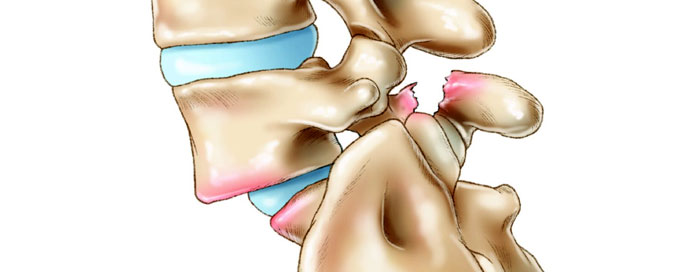Services / Dr. Ravi Bhanushali

Spondylolisthesis is a spinal condition characterized by the forward displacement of one vertebra over the vertebra below it. It most commonly occurs in the lumbar spine (lower back) but can also affect the cervical spine (neck).
Here’s an overview of spondylolisthesis:
Types:
Causes:
Symptoms:
Prognosis:
